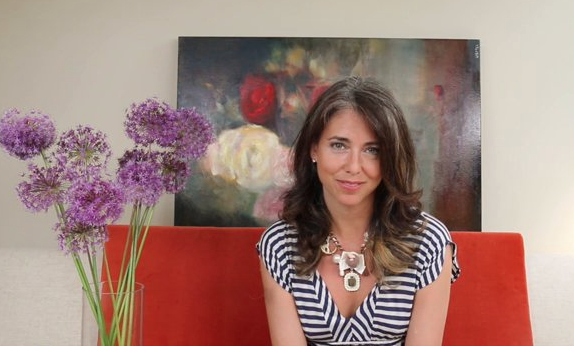
Have you ever let your vegetables go to seed? I typically try to not let it happen. I don’t like admitting I’ve neglected my opportunity to harvest the “food” in time and depending on your taste, the gangly and dry look of seeding plants can appear rather ugly. Kale’s been growing in my garden all winter and spring and I’ve been looking at the gradually drying and yellowing pod slips hanging off the skinny, long plant necks, indicating somewhere along the way I’ve done the unthinkable and they’re going to seed.
It’s peculiar that I’ve come to think of the maturation cycle of a plant as a unsavoury sight. Sometimes I try to remember what one of my teachers, Stephen Jenkinson once said, “it all happens in the fields”, and, “if you just watch what she’s doing, you’ll see the whole teaching unfold.”
I know the “everything” he speaks of means not only the fields, but also the human life-cycle, and our integral importance at every step in it- birth, youth, middle age, elderhood, and death.
Travelling this past week to Winnipeg to attend my partners’ family event and give a book talk and signing, left a good amount of time for the garden to do this very thing: flower, fruit, and seed. I came home to fresh green beans hanging on the vines, corn spreading in all directions-especially up, plus some very ready-looking kale pods.
 Although Jenkinson’s statements about the fields have always intrigued me, up until coming home from Winnipeg, the experience of them remained elusive.
Although Jenkinson’s statements about the fields have always intrigued me, up until coming home from Winnipeg, the experience of them remained elusive.
The rain in Winnipeg was something along the lines of legendary. The night of my talk was positioned at the end of a long weekend, in a storm, and featured my relatively unconventional or perhaps just, “unusual” work which made the whole evening unlikely to “succeed”. Although the turnout was not as large, the evening became beautiful, at least to me, and turned out looking a lot like the “whole teaching” Jenkinson speaks of.
Over on the right side of the room, sat my partner’s family members- sisters, brother-in-law, and soon-to-be eighty-year-old mother (who to my delight and surprise seems to “get” my work.) The middle of the room filled with women, all who had professional roles in supporting families to give birth safely and satisfyingly- obstetrical nurses, doulas, midwives, and grandmothers, each with their own knowing about what babies and families really need. And to my total shock, the left side of the room filled with relatives of mine who I hadn’t seen in fifteen years. These relatives, my great uncle, aged 86, and his wife along with their daughter, son-in-law, and granddaughter had by some divine convergence seen the poster a few days before and decided to come on out and support me.
It embarrassed me that I had been out-of-touch with my great-uncle. He, the oldest of fifty-one first cousins on my father side, his grandfather, my great-grandfather having come from Siberia at the turn of the 20th Century to become the first Rabbi in Regina, Saskatchewan, amazed me by showing up. I forgot they even lived in Winnipeg! Their family showed me the kind of respect and hospitality (they insisted on buying me and my partner dinner afterwards) that you often only see in prairie towns.
The presence of family, especially my Elders asked me to access more grace (I hadn’t seen my great-uncle for so long because of a terrific rift in my family). Their presence called for me to be clear since my family and some of my partners’ had never heard of the concepts I spoke of. They asked me to remember where I come from as my great-uncle told stories about my late Granfather and how much he had learned from him about business.
I returned home and took apart my now ready kale seed pods to find two ageing and withering sheaths surrounding the carefully contained and secured line of seeds. As I pulled at the right, and then at the left, both sheaths came apart revealing the hard dark nuts of their nursing. Indeed the fields did tell the whole story, and for the first time I became privy to it in my life.
This episode of The Sahius is for the elders who use their well-earned, many-suns-seen remaining might to contain, grow, and finally release the next generation. This is for how they form the pillars against which the young ones can lean,grow, form, all in the name of becoming more human.
To our Elders, in indebtedness for the designations you carve out for us all.

